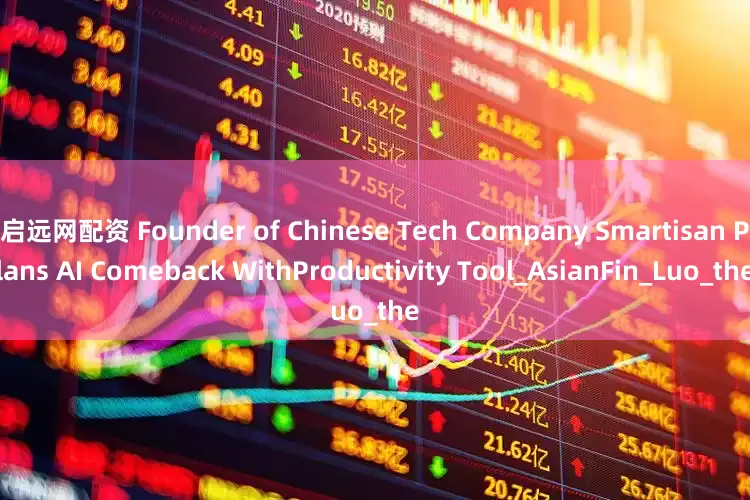

Luo Yonghao
AsianFin — Luo Yonghao, the founder of Smartisan and a household name in China’s consumer tech and livestreaming circuits, has re-emerged in the public eye after years of relative silence.
At a roundtable event in Beijing, Luo joined two young founders, Xie Yang of Fellou and Wang Dengke of Duxiang, for a wide-ranging discussion on artificial intelligence, entrepreneurship, and the scars and lessons of past ventures.
展开剩余76%Luo, who now runs a new tech startup, disclosed that his team plans to launch an AI productivity tool within the next two to three months, focusing initially on email-related workflows. Despite lacking the firepower for large-scale model pretraining, Luo said he is betting on fast iteration and user feedback to refine the product.
“Many AI-powered email tools today, whether from Yahoo, Google, or high-profile startups, still fail to deliver a great user experience,” Luo said. “We believe we can do better—not by outspending them, but by out-executing them.”
In a rare public retelling, Luo reflected on the downfall of Smartisan, the smartphone company he founded in 2012 that was once hailed as a bold challenger to Apple and Xiaomi. He revealed that Smartisan’s assets—including intellectual property and core staff—were sold to ByteDance at what he described as a “humiliating” price amid a liquidity crunch.
TNT, Smartisan’s ambitious phone-to-PC hybrid, failed commercially but drew interest from tech giants, including Huawei and ByteDance. Luo recounted a meeting with Huawei’s Richard Yu, where Smartisan’s lean team impressed enough to prompt attempted poaching of top talent. Though TNT was mocked publicly after its launch at Beijing’s Bird’s Nest Stadium in 2018, Luo insisted the product was ahead of its time.
“I was just too early,” Luo said, noting that similar concepts are now being pursued by others in the market.
After Smartisan’s collapse and public debt struggles, Luo transitioned to livestream e-commerce on Douyin in 2020, repaying millions in liabilities. In 2022, he announced a return to tech through a new venture, Thin Red Line, focused initially on AR smart glasses. But after burning through capital and facing hardware and software hurdles, Luo pivoted toward AI software.
“I never left the tech industry,” he said. “We realized AR glasses wouldn’t be commercialized anytime soon, so we redirected our efforts.”
发布于:北京市金领速配提示:文章来自网络,不代表本站观点。